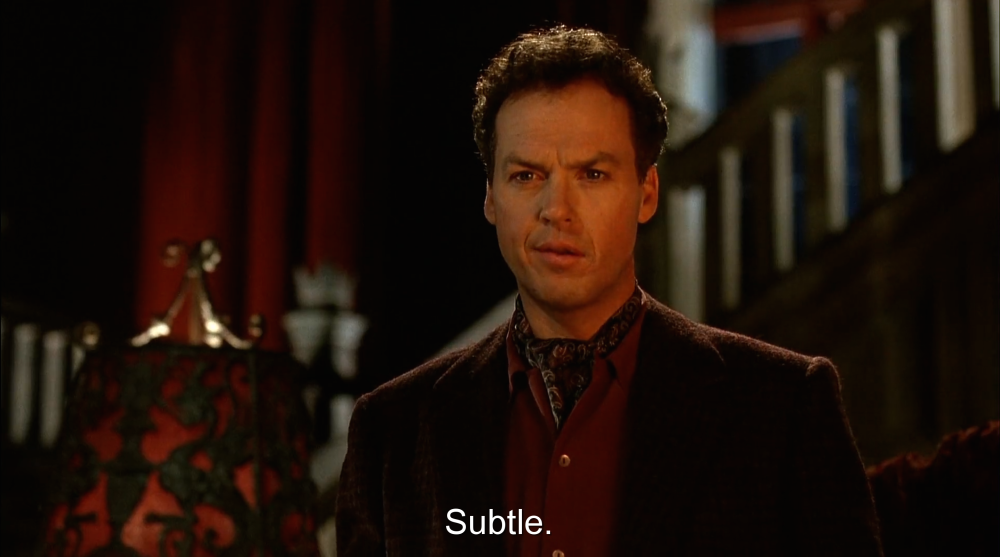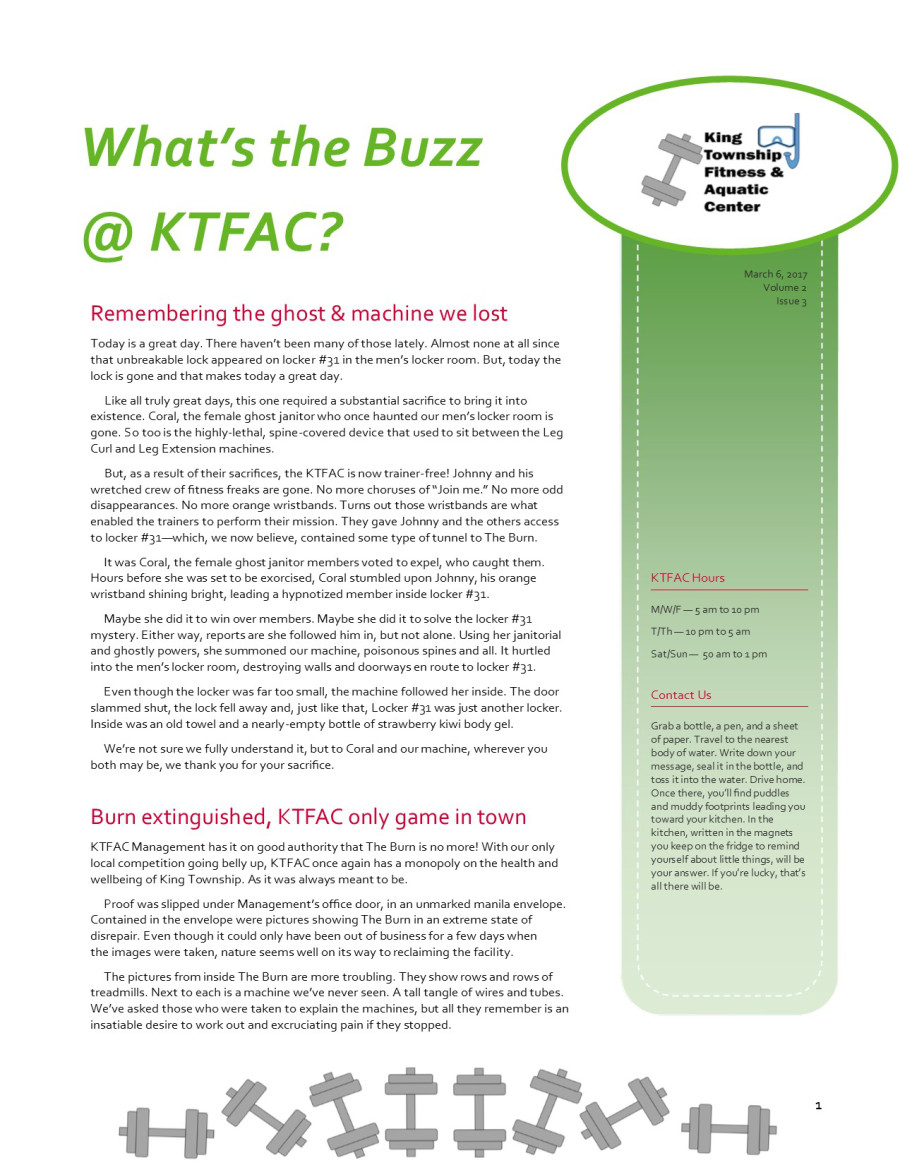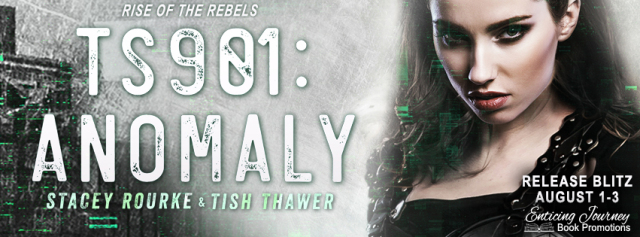
Never let it be said that Cornish theatre company Kneehigh lack in ambition. Gunter Grass’ The Tin Drum has accrued significant cultural acclaim since its publication in 1959, gaining its author the Nobel Prize in Literature and later being turned into a film that won both the Palme D’or (sharing the accolade with Coppola’s Apocalypse Now) and the Best Foreign Film Oscar. Adapting a capital ‘C’ classic comes loaded with challenge, especially when it’s a work that many, myself included are not aware of as they should be. Any work that demands its audience go back to its source material is always a positive. My bank balance is a little smaller this morning.
In many ways this production is happy to stands toe to toe with the works legacy. On a night that started with director Mike Shepherd and Bristol Old Vic artistic director Tom Morris sheepishly take to the stage to announce technical issues with the lighting, it was heartening to see that its visual power was not diminished. The city of Danzing, claimed by both German and Pole and lying at the heart of the work, is displayed in all its crumbling majesty, orange hues casting sinister shadows, and a permeating gloom (that may not all have been deliberate) that suggests the brighter day promised by a rising dictatorship is much further away than originally forecast.
Refusing to grow after his third birthday Oskar grows up in a 1930’s Germany being eaten alive under the clouds of Fascism. His mother juggles two lovers, her artistic cousin Jan (Damon Duanno giving a clumsily charming turn) and dull chef Alfred, either of whom could potentially be father to Oskar himself. As the years pass Jan becomes a revolutionary, Alfred a Fascist, everyone in their small community eventually destroyed by a force that none of them could predict. All the while Oskar continues to bang a drum gifted to him on his third birthday. He alone will march to his own beat.
Visually stirring and full of the usual playfulness-often imitated, never bettered-the main issue I took with the work is in its narrative handling. For better or worse the story is not as known as others in the classical canon, as a result the work could do with a sharper storyteller’s eye to help its audience along. Even though the work (like the film) only adapts around half of the novel, there is a lot going on and sometimes the whole is in danger of being lost at the heart of innovation.
Pacing is also an issue, by the close of the first act, some 80 minutes in, we have been served up little more than a prologue about how Oskar was conceived. If the first half seems to take its time revelling in family detail and the intimate ins and outs of the city, its blown up in a second half that piles incident-upon-incident; corpse-upon-corpse. It’s clever, the Nazi party after all moved with puma like speed after invading Poland, the previous years of build-up helping them propel forward at a speed that almost swept the world before anyone knew what had hit it. Yet even though I could see what writer Carl Grose and director Shepherd were surely driving at, I also couldn’t help but notice baffled and slightly frustrated punters at the bar in the interval. If you lose your audience its difficult to get them back.
Still even slightly flawed Kneehigh is better than 95% of the theatre out there and the stage thrums constantly in a state of theatrical play and clever illustration. Oskar is conceived as a demonic puppet child by Sarah Wright, his unmoveable features always portraying the evil of the world he is seeing outside. Patrycja Kujawska is a chilling General, cased in shadow and mixing Gaga and Sia, turning the community around her into dancing marionettes. Les Bubb goes from cardigan’d bore into cold trooper in little more than a flash.
Craig Hazelwood’s score, almost completely sung through is discordant yet tuneful; if they’re not ear worms as such, there is a catchy pull to some of them that are positive reminders of his last musical with the company Dead Dog In A Suitcase (and other love songs). If I don’t love this show on first sight as I did there there is still plenty that felt close to mastery going on in front of me. It may be like that difficult rich movie that requires multiple viewings to get to its heart. I suspect it may need a second spell in a rehearsal room to prune, snip and expand to release its full potential. The drum, surely, will keep on beating on this for some time to come.
Advertisements Share this:






